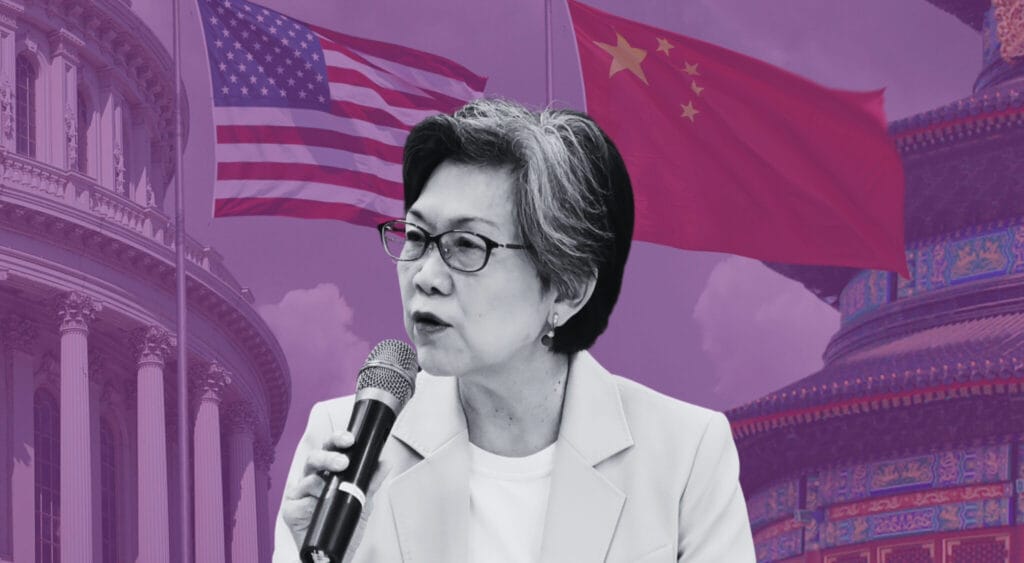Just a decade ago, the intersection between human rights and businesses was a nascent concept at best. Today however, the cause has gained much traction. Laws of various jurisdictions – mostly Western – now call upon businesses to implement human rights due diligence and reporting processes. On an international level, the United Nations Guiding Principles on Business and Human Rights (UNGP) and the United Nations Sustainable Development Goals (SDG) have also come about through global consultation.
To spur further progress, a Practicum Workshop themed ‘Bringing Human Rights to Life for Businesses’ was held on 20 March 2019, as part of a series of four events co-organised by the Global Business Initiative on Human Rights (GBI) and the World Business Council for Sustainable Development (WBCSD) in Singapore. In attendance were not only business practitioners from companies representing diverse industries but more importantly, they lead sustainable and social performance initiatives within their firms.
Prospects for the concept of Human Rights and Business
“How we calculate risk is no longer in the commercial sense,” said Professor Simon Tay, Chairman of the SIIA, when he took the podium as the workshop’s Keynote Speaker. Professor Tay reminded the audience of the infamous Nike sweatshop controversy and emphasised that in the present and future, the importance of accountability and transparency in business practices will matter, more than it ever did before, to workers, investors and consumers.
Notably, the case for consumer rights is most resounding with young audiences. Citing a recent KPMG finding, Professor Tay told the audience that nearly 70% of consumers surveyed under the age of 30 consider social issues such as sustainability, human rights and fair trade, before making their purchases.
Human Rights in Asian Context
While in Asia, there may still be remnants of the perception that human rights emphasis in businesses is simply a disguised effort to erode the region’s competitive advantage from having plentiful labour and lower wages. Professor Tay believes that when Asian companies face consumer pressures from the West to meet basic standards, and as global trends on Business and Human Rights emerge (such as the UNGP and SDG), Asia cannot be immune and will also step up its game. Examples of efforts by local corporations at meeting stakeholder’s expectations include the setting up of a Sustainability and Stewardship Division in Temasek Holdings and the introduction of Sustainability Reporting for entities listed on the SGX.
At various points of his keynote however, Professor Tay alluded to the distinction between Asian and Western cultures and suggested that it is better to emphasise value chains and not human rights in Asia. Corporations do sometimes lead from values, and some business leaders can be open in the West about their personal convictions and belief in human rights. However, such may be counterproductive in Asia. While the big debate between “Asian Values” and human rights have quietened since the 1990s, there remains some scepticism about the broad and expanding agenda of human rights activism.
Professor Tay thus put forth that engagement would be the preferred strategy to build human rights consciousness in the region. It is important not to be a loud advocate, he said, before proceeding to use the term “nudge” to emphasise the non-imposing manner that should be used to engage with Asian stakeholders within the supply chain. The West is also cautioned against forcing ESG compliance upon Asian states and encouraged to be more sensitive to their limitations and cultures. As in the case of palm oil, where Indonesian and Malaysian governments have found the EU directive on biofuel impracticable, they instead turn to other Asian markets.
Financial Sector Has a Role to Play
Finally, in light of Professor Tay’s recent appointment as Commissioner for the United Nations Financial Sector Commission on Modern Slavery and Human Trafficking, he shared that the role that the Financial Sector can play as a coalition for change should not be undermined. The UN Commission is an initiative that aims to put the financial sector at the heart of global efforts to end modern slavery and human trafficking. It believes that financial institutions that lend to, invest in or are otherwise linked to businesses whose supply-chains are exposed to human rights violations have both due diligence obligations and obligations to use their leverage over their business partners to address human rights concerns.




